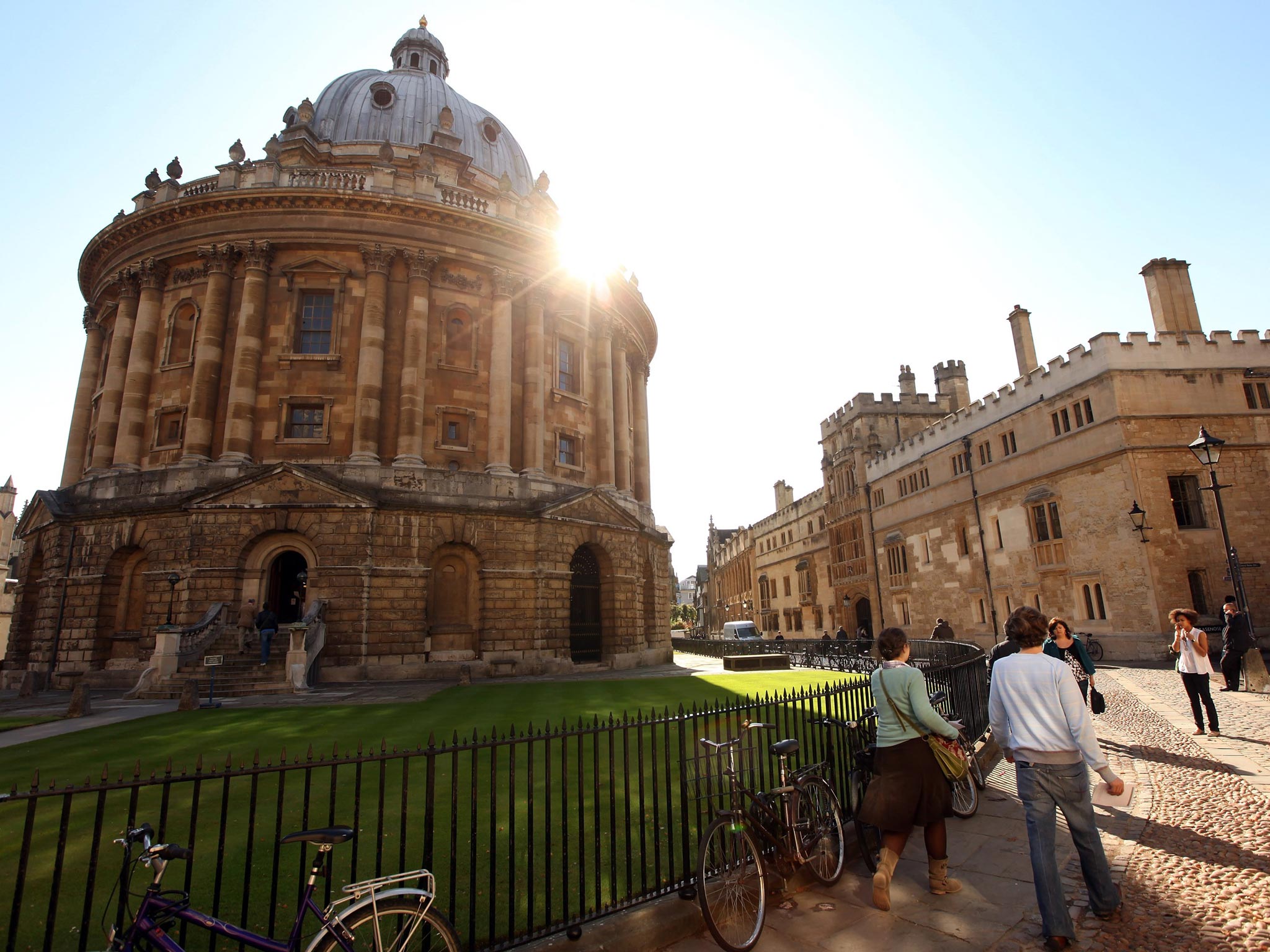Oxford University student union votes to disaffiliate from the NUS

Students at Oxford University have voted to disaffiliate from the National Union of Students amidst claims that it is “no more than a training ground for wannabe Labour MPs”.
The vote in a referendum was passed by a wafer-thin majority with 1,780 in favour of the move and 1,652 against. Turnout was just 15.1 per cent.
The decision has sparked off deep divisions within the student body with Oxford University Student Union president Tom Rutland telling the university newspaper he was “disappointed by the result”.
He said he was keen for Oxford to reaffiliate soon, adding: Students are stronger when they work together - be it at a common room, university or national level - so I hope that OUSU will affiliate to NUS in the near future”.
However, Jack Matthews, who led the successful “Believe in Oxford” campaign, said: “I am delighted that Oxford has had the courage to stand up against the NUS and demand change.”
He expressed his hope that other student unions would “follow our lead and join the movement to bring about the NUS students truly deserve”.
One student who backed disaffiliation, Oliver Carroll, from St Anne’s College, said: “Its own president didn’t even go to university. I don’t want to associate myself with an organisation which claims, but fails, to represent ordinary students and is no more than a training ground for wannabe Labour MPs.”
His views were reinforced by Michael Young, from Brasenose, who said: “I voted no because the NUS has repeatedly demonstrated that it doesn’t represent me or most ordinary students. OUSU is more than capable of acting on behalf of students in Oxford and voting ‘no’ has encouraged NUS to be more representative in future.”
Toni Pearce, the current president of the NUS, is a former further education college student. However, 70 per cent of all NUS members are in further education colleges.
The move follows a decision at Durham University to disaffiliate from the NUS in March 2010. However, it reaffiliated the following year.
Others to vote for disaffiliation to the NUS include St Andrews in 1975, Southampton in 2002 and Imperial College London in 2008.
A spokeswoman for the National Union of Students said: “NUS respects the decision taken by the referendum. We would of course welcome the union back should it wish to reaffiliate in the future and look forward to making the case for the considerable benefits affiliation brings to students.
“Over 600 students’ unions across the UK enjoy the benefits of being affiliated to NUS. Collectively, students through their students’ unions invest in a movement which campaigns to defend, extend and promote the rights of students on the national stage and which saves students money by providing hundreds of discounts through the ever popular NUS extra card.”
She added: “NUS provides help and support to individual students’ unions which enables them to undertake their own work by supplying expert research, training, advice and information and through supporting underrepresented student groups to make their voices heard.”
A move to disaffiliate from the NUS was debated in Cambridge in 2010 but was defeated when 65 per cent of students voted against it. They were worried the Cambridge University Students’ Union would not have adequate resources to protect its members.
Join our commenting forum
Join thought-provoking conversations, follow other Independent readers and see their replies
Comments
Bookmark popover
Removed from bookmarks